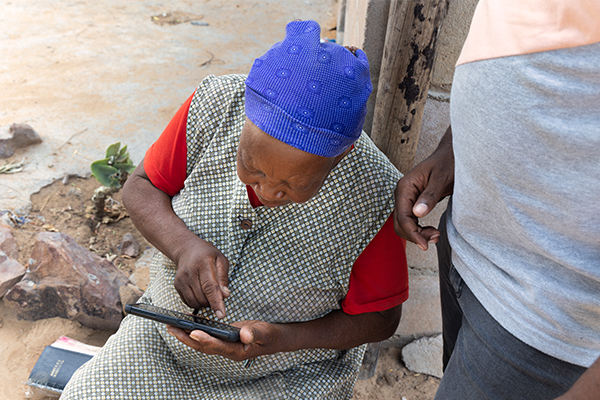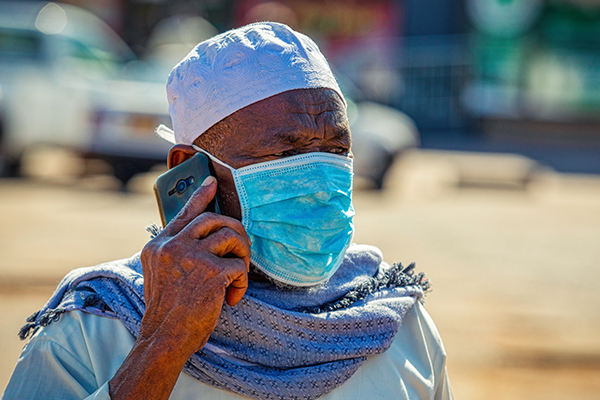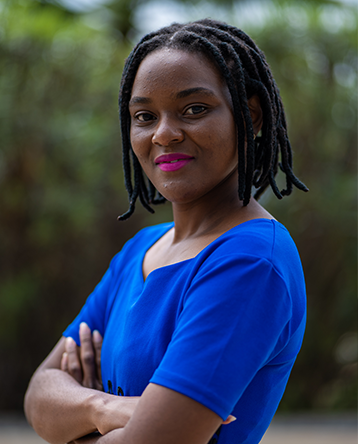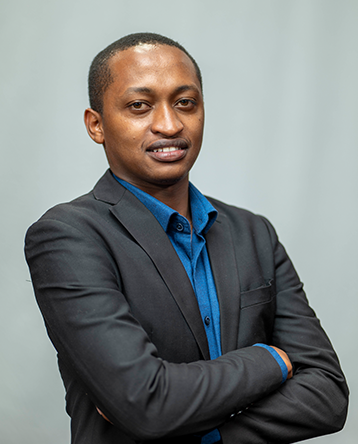80 percent of businesses in Africa fail within the first five years of operations, mainly because startups face challenges like limited infrastructure and access to markets, poor governance, and limited access to quality education and skills training. Given that small businesses account for the highest proportion of employment, which directly and indirectly impacts financial inclusion and economic growth, it is imperative to identify alternative but novel data and methods for predicting the onset of startup failure. Along with non-traditional data, machine learning and artificial intelligence provide a rich framework for this This research aims to answer the following questions:
- What are the micro (firm-specific) and macro (economic) factors that are critical for ensuring the success of a startup?
- What are some alternative data streams that can mediate decision-making in this realm?
- Which machine learning technique is best suited to predict financial distress of a business start-up while at the same time providing robust explanations?
- What interventions are needed to reduce the risk of a startup failure? (To answer this question, the explainability of ML models is critical.)
Answers to these questions will be brainstormed using data from 25,835 private firms in 31 African countries, provided by the World Bank Enterprise Survey (WBES)








